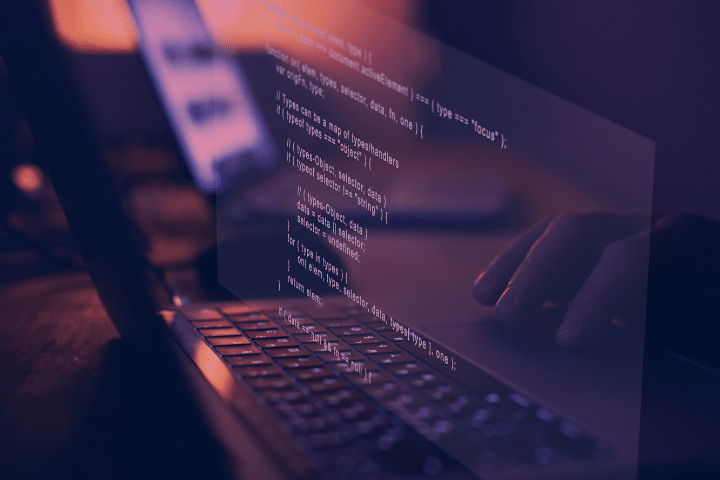The world is a machine of constant transformations. Hence, at every moment, we experience a new technological revolution capable of completely changing our lives, including in the processes of educational management.
Want to understand what Educational Management is and how technology influences its functioning?
Then, don’t miss out on this! Come with us!
What is Educational Management?
Educational management is an integration process where all sectors of an educational institution are involved. This means that from administration to the pedagogical sector, this management process is present.
It’s important to note that good educational management is linked both to the quality of education provided by the institution and to the potential for growth of that educational establishment. Therefore, education managers are constantly seeking new tools to assist in the activities carried out within their institution.
What is the purpose of Educational Management?
Unlike what many may think, the education management process is not only related to the classroom flow. In fact, back-office activities are also directly influenced by the type of management present in the institution.
Thus, it serves as the foundation for a well-organized establishment. It is responsible for establishing a model capable of coordinating and enhancing its competence as an educational institution, thus reflecting on the promotion of quality services.
We live in a highly connected world, where distances are reduced through simple clicks on the cellphone screen. This leads society to increasingly seek to automate processes, making them simpler and more accessible, and education is no exception.
The impact of technology on educational institution management
How to apply technology in educational management?
Regardless of the type of educational establishment, we should always seek alignment in activities by conducting organized management processes, reflecting good service quality both administratively and pedagogically.
In this way, technology comes in as an integrating tool, capable of bringing together the various sectors of an institution through task automation. For example, with the application of software technologies, we can ensure an autonomous document management system.
Similarly, students gain greater accessibility to their academic matters, such as assessment grades, absences, and other factors that before the application of technology were extremely bureaucratic.
In general, technology can be applied flexibly in various sectors of the institution. This will depend directly on your needs and the type of change you want to implement in your institution.
However, know that beyond activity integration, with the application of technology, we can improve the efficiency and productivity of the entire management system. Furthermore, as a manager, you will achieve greater transparency between the institution and its clients regarding activities carried out in your educational establishment, thus contributing to the growth of your business.
The impact of technology on service sectors
Digital Secretary: It is possible to install a fully digital interface that allows students to connect with the secretary. This will reduce the time taken to complete and deliver services and requests, such as issuing certificates and enrollment certificates.
Academic Actions: It is possible to control various actions aimed at the academic environment, such as providing lectures or visits, which directly contribute to student growth.
Library Management: It is possible to establish a fully automated system where the institution’s file storage is done digitally, as well as its catalog, and information retrieval, which can be done much more simply.
Enrollment and Assessment: We can integrate all elements related to student enrollment information, as well as the institution’s financial system. This not only facilitates communication with students or their guardians but also allows for better financial control for the institution.
Impact of technology on Back-office
Financial and Accounting Control: You may be able to manage the entire financial control of the institution via a specific module of the software system. This will facilitate data processing and information centralization. Thus, we will have established a more dynamic communication with financial institutions and with the students themselves.
Accounts Payable and Receivable: Financial sector members will be able to track all monthly payments more autonomously. This increases the efficiency of the sector. This is related, for example, to monitoring accounts receivable, thus contributing to efficient control of your educational institution’s movements.
Payroll: Managing an educational establishment is not an easy task, is it? But with the help of technology, you can control the contracts of all your employees, correctly calculating their salaries according to the bonds established with each professional. This is possible because the software allows this entire process to be done autonomously, thus facilitating the construction of your payroll.
We hope this content has been useful in addressing your concerns about the impact of technologies on educational management. If you wish to revolutionize the way you manage your educational institution, don’t worry! Because know that Ubistart has the perfect technological solution for your challenges.
Get in touch with us and discover what we have reserved especially for you!




